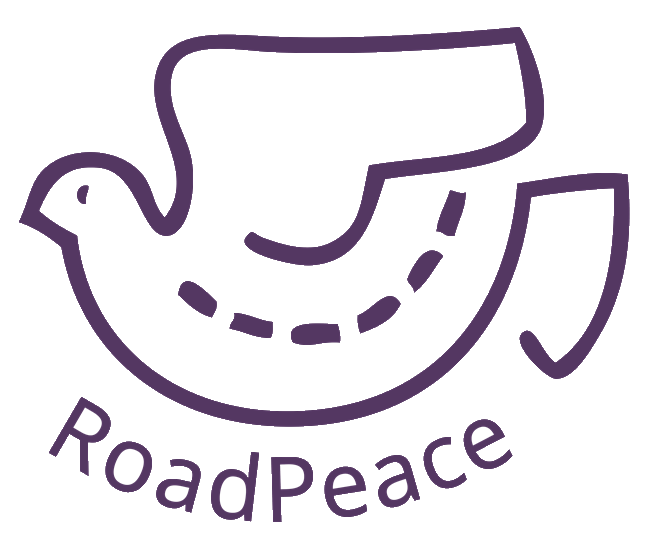John Stewart (who is a key campaigner for the Stop Heathrow’s 3rd runway campaign) became RoadPeace Chair in late 1996. He has written a thought piece. He’s a fantastic campaigner, and now an advisor – his input is immensely valuable to RoadPeace. Many thanks John for writing this piece.
What did motorists get upset about before lyrca-clad cyclists?
August has marked National Road Victim Month. It is a time to recall the loved ones killed and injured on our roads.
But let me try and give you some encouragement. I think step-by-step we are winning the battle against those who have opposed measures to make our roads safer.
Take the recent introduction of cycle routes. There is some opposition from motorists and, in particular from many of their representatives in the motoring lobby, to the current expansion of dedicated cycle routes. But increasingly they are sounding like a blast from the past.
This set me thinking about the objections over the years to measures to reduce danger on our roads have been overcome.
Take the Belisha Beacon. All speed limits for motor cars had been removed in 1930. By 1934 there were a record number of road casualties in Britain (7,343 deaths and 231,603 injuries, with half of the casualties being pedestrians and three-quarters occurring in built-up areas). The new minister of transport Isaac Hore-Belisha described this as ‘mass murder’. He brought in the Road Traffic Act 1934 which introduced a speed limit of 30 mph for cars in built-up areas. It was vigorously opposed by many, who saw the new regulations as a removal of ‘an Englishman’s freedom of the highway.’ Hore-Belisha then rewrote the Highway Code and was responsible for the introduction of two innovations that led to a dramatic drop in road collisions: the driving test and the Belisha Beacon, named after him by the public.
Or the breathalyzer brought in, in the face of fierce opposition, in 1967 by the Transport Minister Barbara Castle. Many years later she recalled the opposition she met: “I was interfering, the opposition said, with people’s civil rights. I said I do not recognise anybody’s civil right to kill somebody else because they’re under the influence.”
Traffic calming, seat belts, tougher laws to deal with bad driving all met with opposition. But they are all in place. It has been a long battle but we are winning it.
There is still some distance to go. But with safe cycle provision being introduced, speed limiters to be compulsory in new cars in a couple of year’s time and Vision Zero of aiming for zero deaths on the road, things continue to move in the right direction.
Let’s travel the road in hope and expectation. We remember figures like Hore-Belisha and Castle and what they did. We too can and will make a difference.
John Stewart
Updated on: 10 August 2020
